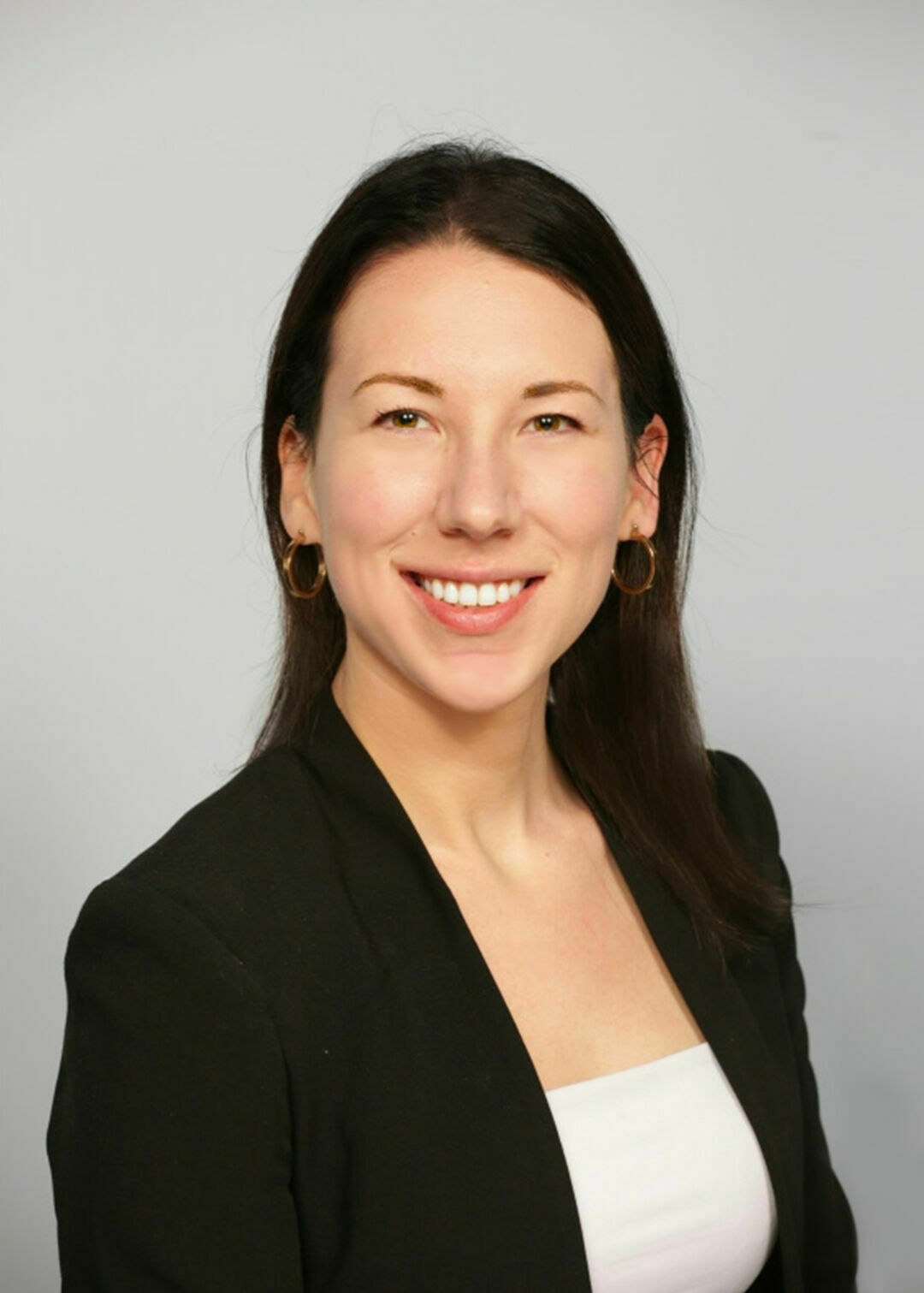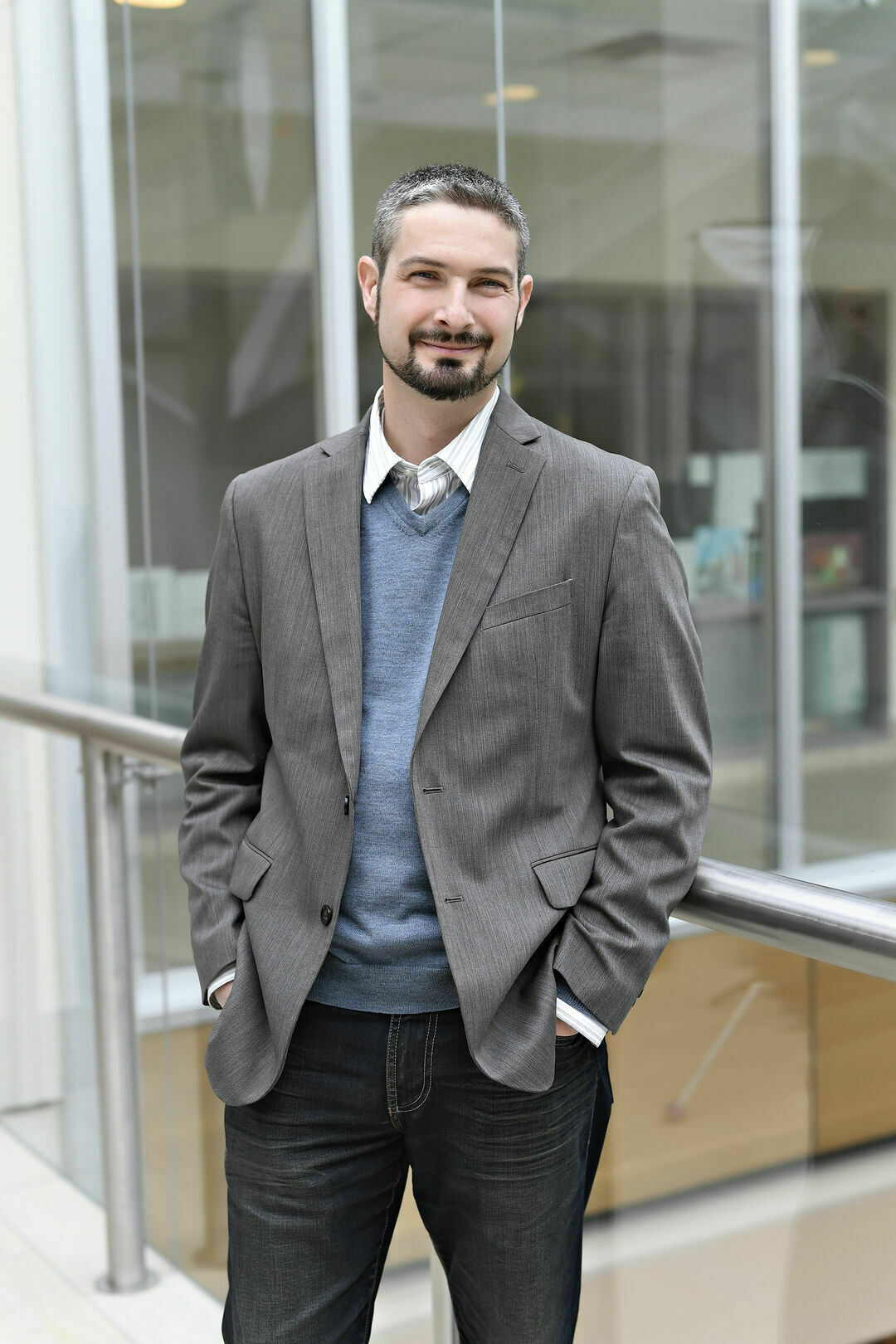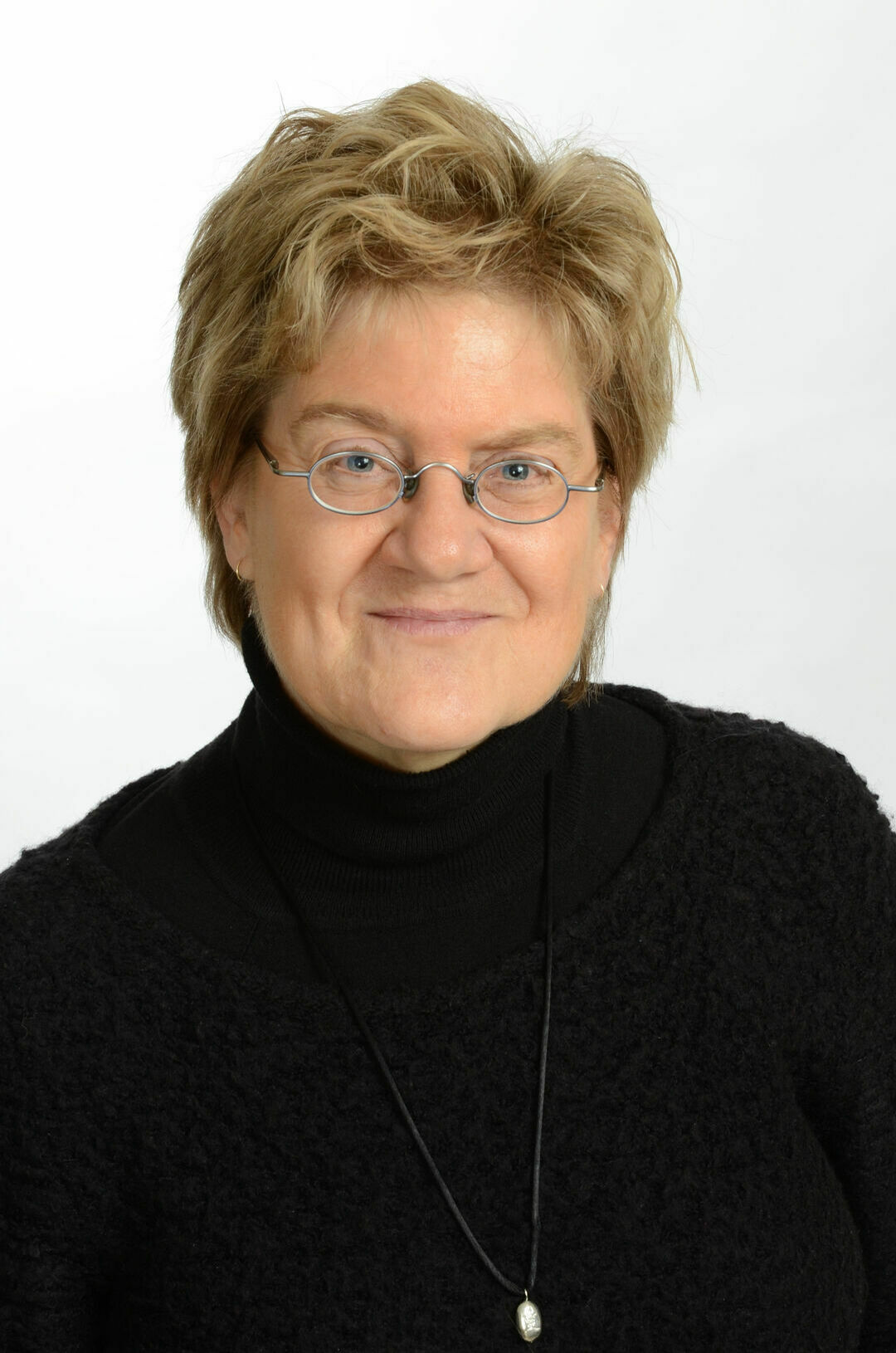At the start of ‘Sleep and Relax for Brain Health’, Dr. Stuart Fogel – a cognitive neuroscientist and Director of Sleep Neuroscience at The Royal’s Institute for Mental Health Research – was asked to describe a good night’s sleep. His answer might have surprised attendees when he pointed out that while we are often given the benchmark of eight hours a night being the goal, that’s more of an average than a universal goal. Dr. Fogel also stressed that our sleep patterns will change throughout the course of our lives – decreasing from the time we are a baby to the time in our early twenties, and then perhaps increasing again as early as our mid-thirties.
OBI Public Talks: Brain Health Basics

At the Ontario Brain Institute, much of our work is dedicated to translating research and innovation into everyday language about the real-world benefits of science.
This work extends beyond academic forums, and we strive to move lab discoveries, clinical trials, and treatments into practical applications. We also aim to highlight the lived experience of patients, caregivers and advocates, ensuring their points of view are central to conversations about brain health. One of the ways we support these objectives is to host three public talks each year, sharing updates and insights from a variety of experts on advances in neuroscience, developments in neurotechnology, the integration of community in care, and more.
Our 2023-24 public talks series, Brain Health Basics, zoomed out on brain health – so to speak – providing our audiences with opportunities to revisit what it means to be neurologically healthy. Based on six evergreen brain health tips, members of the OBI team curated three talks on the importance of movement on the brain, the need for the brain to relax and sleep, and connection between eating and socializing for optimized brain health.
Panelists at each talk shared actionable tips about brain health.
Experts at the ‘Movement for Brain Health’ agreed that one of the best ways to make movement part of your regular routine is to take it out of a medical setting. In fact, rethinking location is a big part of what motivated Sarah Lambert to create Ora Medical, a neurotechnology company supported by OBI. She realized that pediatric clients with limited mobility participating in physiotherapy sessions may not achieve the consistency level required to progress to their full potential. So, she developed a hands-free gait training device called the Levity, which patients are able to use from home whenever they want.

“We’re improving their daily activity – and I think that’s really the key. I receive a video from a mom showing me her child is actually playing tennis. And the testimonial from the child is like, ‘Now I feel normal.’ And that’s the best feeling that we can ever have.”
Sarah Lambert, Founder of Ora Medical, creator of an innovative gait trainer for children

“Some of us are going to get by fine on five or six hours of sleep. But some people are going to need nine or ten to feel good.”
- Dr. Stuart Fogel, Director of Sleep Neuroscience at The Royal’s Institute for Mental Health Research
And during the ‘Eat and Play for Brain Health’ event, Dr. Guylaine Ferland, a nutrition professor at Université de Montréal and member of the Canadian Consortium on Neurodegeneration in Aging, provided information on brain-healthy nutrition by clarifying a misconception around frozen fruits and vegetables. Dr. Ferland also emphasized the importance of community and social interaction in fostering a healthy relationship with food and overall well-being. Her expertise provided a deepened understanding of how dietary choices impact cognitive well-being and the role of social dining experiences in enhancing appetites among the elderly.

“Frozen fruits and vegetables have virtually the same nutritious value as the fresh ones.”
Dr. Guylaine Ferland, a nutrition professor and member of the Canadian Consortium on Neurodegeneration in Aging
In total, this year’s public talks welcomed 806 total attendees – 179 in person, 627 online, with 85% reporting that they left with the event having gained new information about the topics presented. And to date, the OBI team has hosted almost 40 public talks that have reached more than 40,000 people in 28 different countries through live events and replays.
